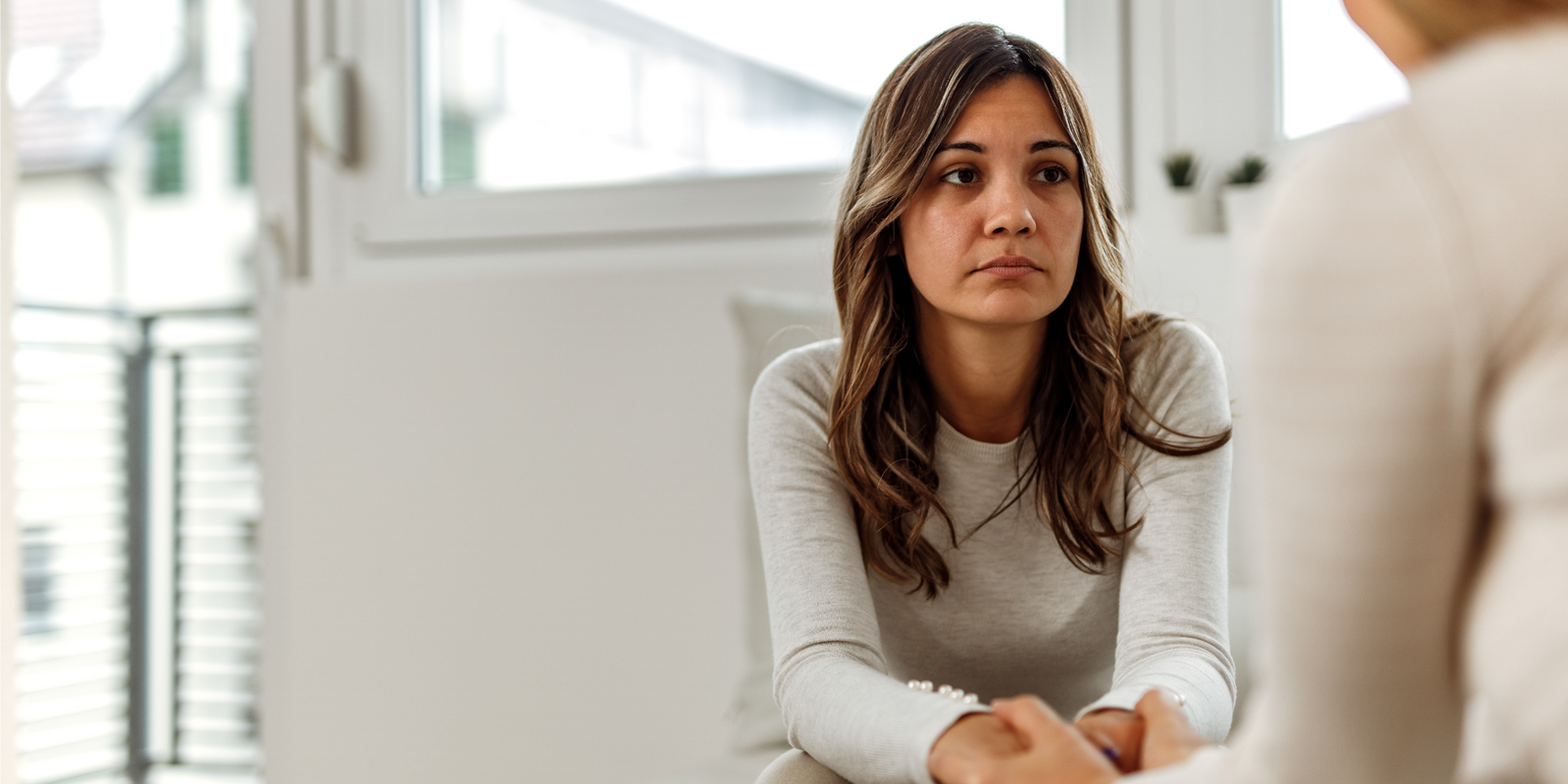We all know that our mental health and physical health are intertwined. When we feel stressed or anxious, it can manifest in physical pain or discomfort. Conversely, when we experience physical pain or illness, it can have a negative impact on our mental health. In this article, we'll explore the link between mental health and physical health and discuss other ways to improve mental health and reduce physical pain.
First off, let's start with the basics. What is mental health? Mental health refers to our emotional, psychological, and social wellbeing. It affects how we think, feel, and act and is essential for overall wellbeing. Mental health disorders are common, with millions of people around the world experiencing conditions such as anxiety, depression, and bipolar disorder.
So, how can we improve our mental health and reduce physical pain? Here are a few tips:
1: Practice mindfulness
Mindfulness is the practice of being present and fully engaged in the moment. It can help to reduce stress, anxiety, and depression, and improve overall wellbeing. Some ways to practice mindfulness include meditation, deep breathing exercises, and yoga.
2: Connect with others
Social connection is essential for mental and physical wellbeing. Make an effort to connect with friends and family members, join a social group or club, or volunteer in your community.
3: Get enough sleep
Sleep is essential for physical and mental health. Aim to get seven to eight hours of sleep each night and establish a regular sleep routine.
4: Eat a healthy diet
A healthy diet can help to improve physical health and boost mood. Aim to eat a balanced diet with plenty of fruits, vegetables, whole grains, and lean protein.
5: Exercise regularly
As we discussed in the previous article, exercise has numerous benefits for mental and physical health. Aim to get at least 30 minutes of exercise most days of the week.
6: Practice self-care
Taking care of yourself is essential for mental and physical health. Some ways to practice self-care include taking a warm bath, getting a massage, or spending time in nature.
7: Seek professional help
If you are struggling with mental health or physical pain, seek professional help. Talk to your doctor or a mental health professional about your symptoms and treatment options.
These are just a few examples of ways to improve mental health and reduce physical pain. But what about the link between mental health and physical health? Is there a connection?
Absolutely. Our mental and physical health are intimately connected, and when one is compromised, it can impact the other. For example, physical health problems can lead to mental health issues, such as depression or anxiety. Conversely, mental health issues can also impact physical health, such as increasing the risk of developing chronic conditions like heart disease or diabetes.
So, what can we do to improve both our mental and physical health? Here are a few tips:
1: Practice self-compassion
Be kind to yourself and practice self-compassion. Don't beat yourself up if you miss a workout or don't reach your goals right away. Be kind to yourself and focus on progress, not perfection.
2: Find healthy ways to cope with stress
Stress is a normal part of life, but it can take a toll on our mental and physical health. Find healthy ways to cope with stress, such as meditation, exercise, or talking to a friend.
3: Prioritize self-care
Taking care of yourself is essential for mental and physical health. Prioritize self-care and make it a regular part of your routine.
4: Connect with others
Social connection is essential for mental and physical wellbeing. Make an effort to connect with friends and family members
Get enough sleep: As we mentioned earlier, sleep is essential for mental and physical health. Make sure you are getting enough sleep each night and establish a regular sleep routine.
5: Exercise regularly
Exercise is one of the most effective ways to improve both mental and physical health. Aim to get at least 30 minutes of exercise most days of the week.
6: Eat a healthy diet
A healthy diet is essential for physical and mental health. Make sure you are eating a balanced diet with plenty of fruits, vegetables, whole grains, and lean protein.
7: Manage chronic conditions
If you have a chronic condition, such as diabetes or heart disease, work with your doctor to manage your symptoms and improve your overall health.
8: Seek professional help
If you are struggling with mental health or physical pain, seek professional help. Talk to your doctor or a mental health professional about your symptoms and treatment options.
Remember, taking care of your mental and physical health is essential for overall wellbeing. By practicing self-care, connecting with others, getting enough sleep, exercising regularly, and eating a healthy diet, you can improve both your mental and physical health. And if you are struggling with mental health or physical pain, don't be afraid to seek professional help. There is no shame in asking for help when you need it.
In conclusion, the link between mental health and physical health is clear. When we take care of our mental health, we are also taking care of our physical health, and vice versa. By making self-care a priority and seeking help when needed, we can improve both our mental and physical health and live happier, healthier lives. So, take care of yourself, stay positive, and keep moving forward. Check out our store here.


